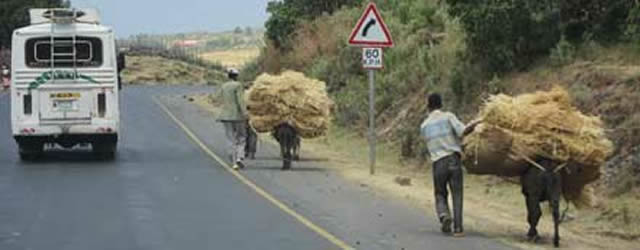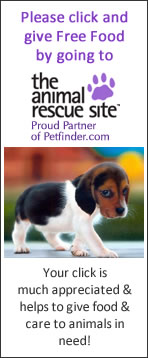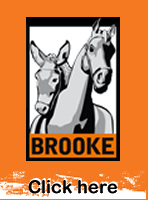
Horseytalk.net Special Interview
Zoe Baines
"There is a clear change in their attitudes towards their equines and their treatment of their animals, which really was impressive to see."
Says By Zoe Baines, Programme Advisor, The Brooke

I am going on a journey to discover the impact of The Brooke’s work here in Ethiopia and which will focus my attention on one community in Halaba, to enable me to see a range of the Brook Ethiopia’s work and how it interlinks.
My first stop is to visit a government veterinary clinic. Before the Brooke got involved here, equine medicines were hard to come by. Since they set up a revolving fund, however, that’s all changed.
The fund enables the clinic to buy the medicine needed for equines at cost price then sell it on to equine owners at a small margin –returning the original price to the fund for the future.
While the clinic is seeing more equine cases, it can only cover so many due to the remote nature of many communities. In order to increase its coverage, the Brooke is responding in two ways: working with Ethiopia’s model farmers and training community based animal health workers.
The so-called model farmers are recruited from local communities then trained for two years in government run agricultural colleges. They then return to their villages and spread this knowledge through a small group of other local people or change agents.
The Brooke has developed an equine component to this training which teaches the farmers how to dress wounds, how to properly handle, tie and halter equines and even new ways of making and fitting a saddle.
On my journey in Halaba I meet a few change agents. Most are men but two women stand out. One of them explained how important her role was and how much change she has been able to foster simply by talking to other women on the daily trek to fetch water. “Without our donkeys we are the donkeys,” she tells me as we walk towards her home. Next to her house, two donkeys are tied up properly with expertly fitting halters.
She proudly shows me one of the new saddles she has learnt how to make which has natural padding material so that it doesn’t rub when the donkey starts to sweat. She has two, made to accommodate the differing sizes of her two donkeys.
Another man tells me that his donkey had a typical saddle wound on its back, which prior to his training he had ignored. Now a few weeks later, his donkey’s wound has almost healed and he too is using one of the locally made saddles.
Later, I met one the community-based animal health workers. After training by the Brooke, he was given a starter-pack of equipment which included a steriliser and has been treating local equines ever since. He is clearly very proud of his work and he takes us to his home where he shows off his home made medicine cabinet and equipment and even performs a de-worming.
Over the last three months, he tells me, he has treated over 30 equines without having to refer any to the government clinic. But the biggest change, he says, is that people are now bringing their donkeys and mules to him whereas before they would have gone to a traditional healer. Seeing the community start to value their equines was really something special.
Not only do they see the value in the equines work in terms of labour and livelihoods but they also have started to see the value that these equines bring to their family’s everyday lives, especially in reducing women’s work loads. In turn there is a clear change in their attitudes towards their equines and their treatment of their animals, which really was impressive to see.



